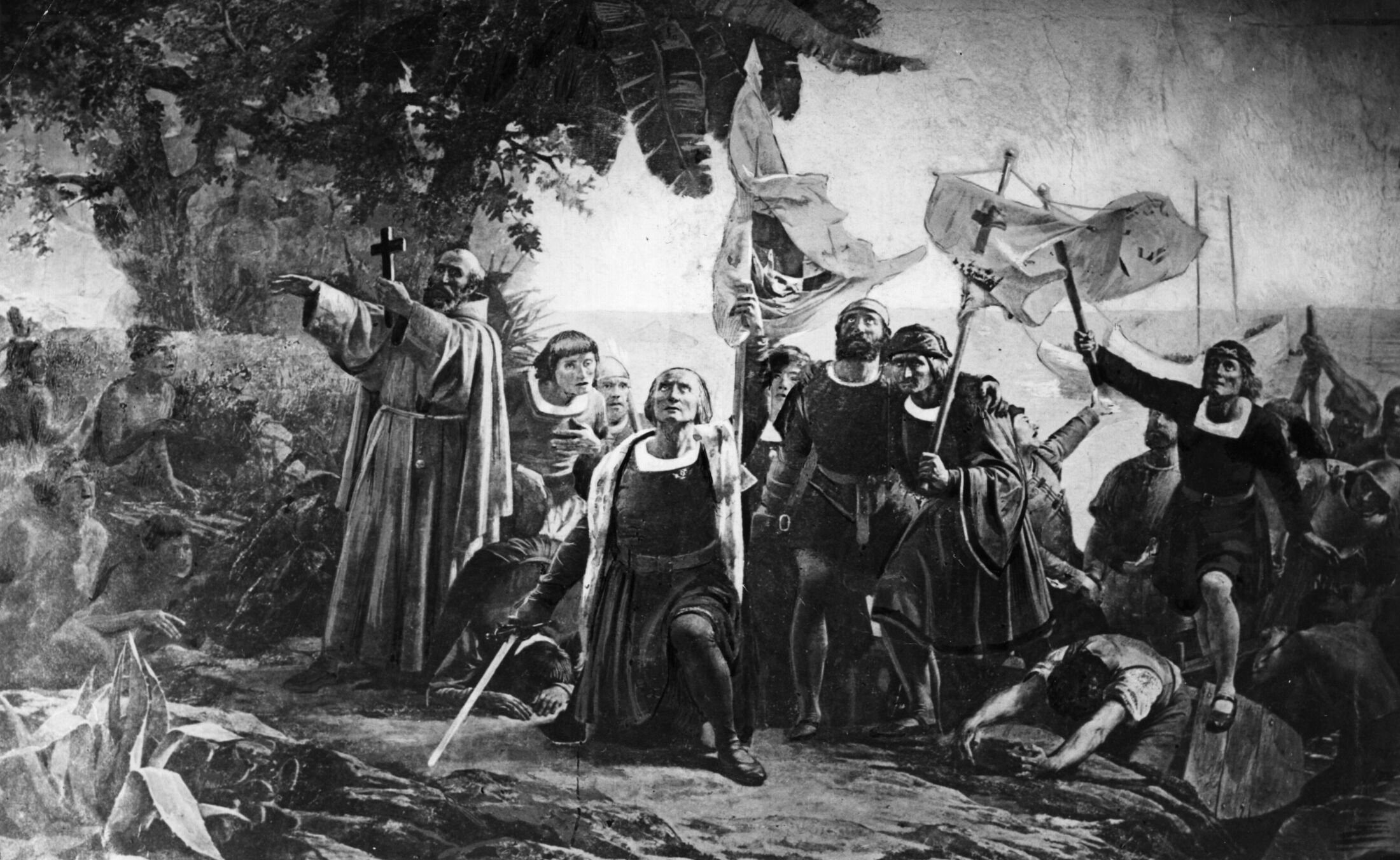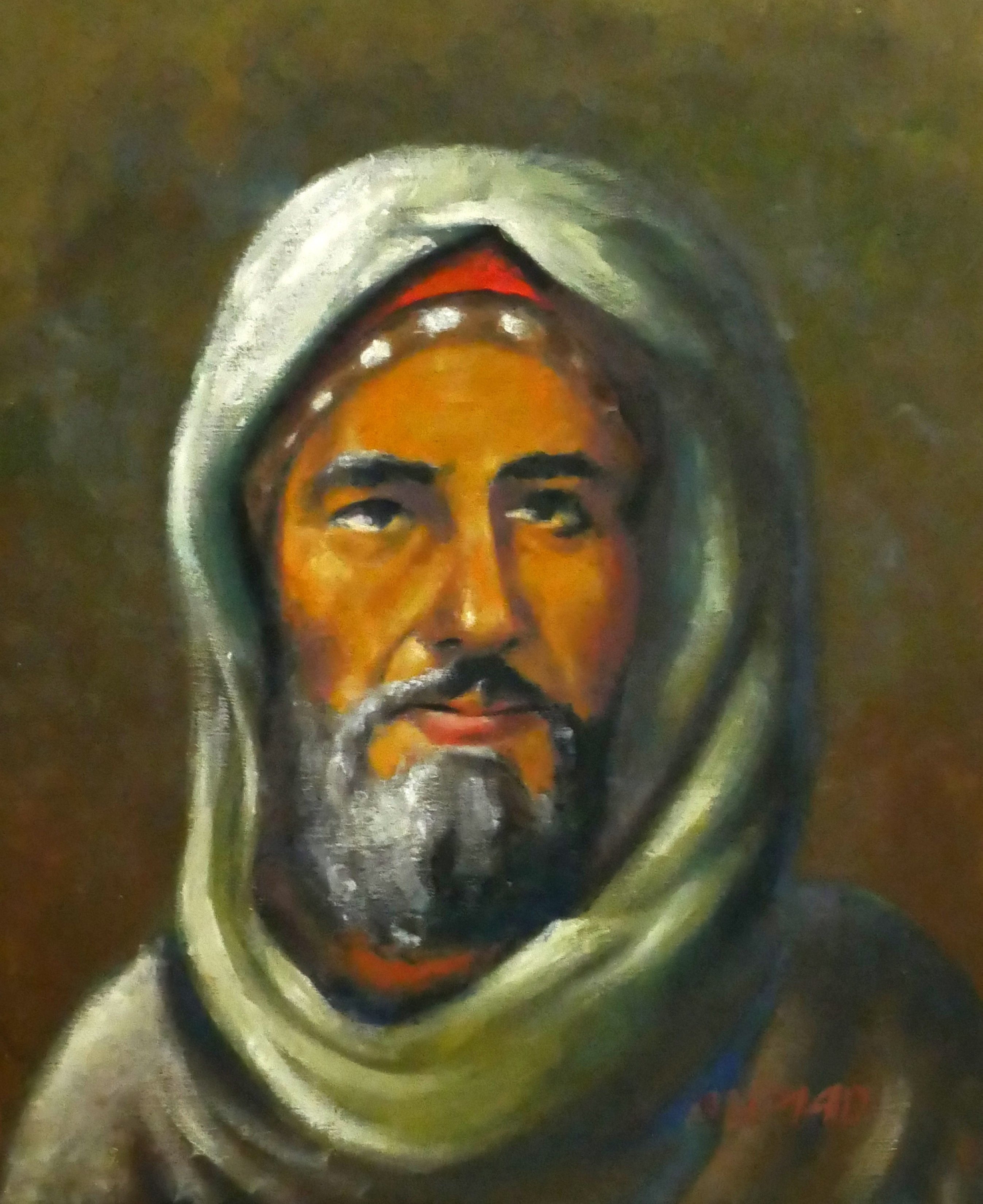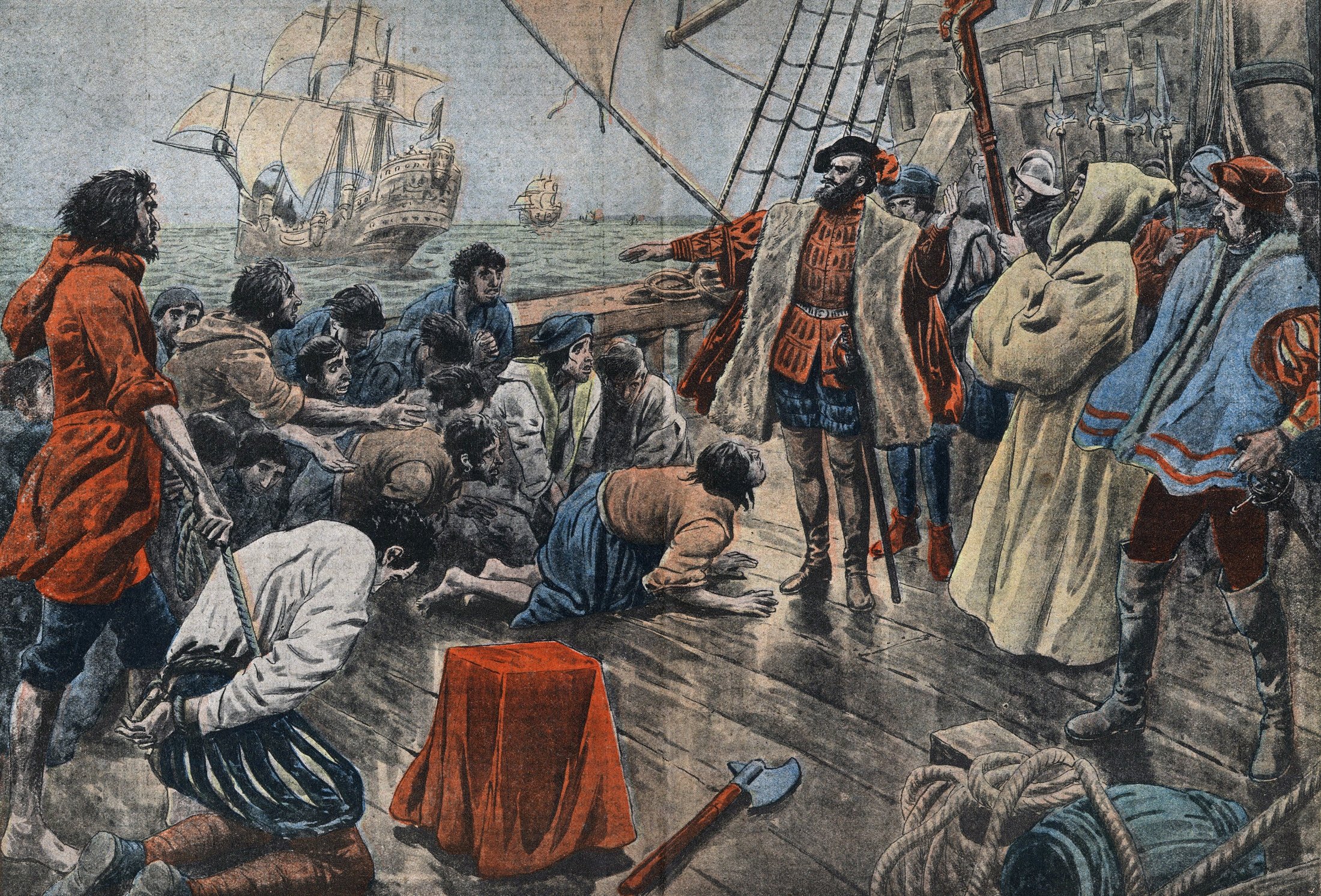© Turkuvaz Haberleşme ve Yayıncılık 2025
For about 10 years, whenever we have time, my husband and I have put the world map in front of us and examined the oceans, continents, countries and cities. Although most of the time, we do this to decide on the places we want to see or the location of a site, countries and cities nearby, sometimes we just feel excited when we study an atlas or look at a map.
We are trying to plant these seeds of travel, which sprout in us daily, in the tiny heart of our son Atlas, the little member of our family who has joined us now. Because we know that traveling is not just about going somewhere and coming back. Traveling means being on the road, wondering, exploring, seeing, learning, sometimes resting, being on a quest and having a purpose. It means getting to know nature, the world, animals and people, loving them, respecting them, learning moral values and being cultured.
Many famous travelers were curious and followed a quest, and they set out for themselves but ended up changing the world. Just like the world-famous Evliya Çelebi, or Marco Polo, or Magellan...
Let's get to know five world-famous travelers who discovered the untouched places of the world and recorded what they saw in their travel books.
First up is Marco Polo, who traveled around the world and spent 24 years seeking out new discoveries.
He discovered so much, he saw so much, that he said: "I told only half of what I saw." In my opinion, that was the truth as no matter how much a person documents, it is always a little insufficient to describe what he saw and experienced on a trip.
Although the original of Marco Polo's travel memoirs has been lost, one of the earliest editions is in the Bodleian Library in Oxford.
The famous Venetian traveler, who lived between 1254 and 1324, made his first trips to the Mediterranean and Black Sea coasts with his family.
Marco Polo, at the age of 17, followed the Silk Road from the difficult Pamir Mountains to China, met Kublai Khan there and was dragged on a completely different journey. He had breathtaking experiences, became a great inspiration for the figures that came after him, and even today, he has led many people in many fields. He became a pioneer and a mentor, if you will.

Christopher Columbus, who led a great change in world history, sailed across the Atlantic Ocean with three ships in 1492 with the support of Spain and died before he learned that he had discovered a new continent. He is one of the most famous travelers and most important explorers of the world. Columbus, who reached the Bahamas, Jamaica and Cuba, named the locals living there "Indians" because he thought the land was India. Columbus, a native of Genoa who lived between 1451 and 1506, is a name that opened the doors of a new world of possibilities to Europe and started a new era.
Born in Kütahya in 1611, Evliya Çelebi, one of the most famous travelers in the world, spent almost his entire life traveling. He even received the title of the "Traveller of the Century" for this reason. Evliya Çelebi, also considered among the people who shaped history, started to travel based on an exciting rumor. In his youth, he saw the Prophet Muhammad in his dream. In his plan, he wanted to go to the Prophet Muhammad and ask for his intercession, but instead of saying "Şefaat ya Resulallah!" – which translates to "(Give) intercession, O Prophet!" – he accidentally said "Seyahat ya Resulallah!" – which means "(Give) travel, O Prophet!" Thus, his wish would be fulfilled; Evliya Çelebi became a traveler and traveled throughout his life.

Evliya Çelebi, unlike many travelers, did not start traveling at a young age. He made his first trip to Bursa at 29 and only visited Istanbul and its surroundings for a while. So if you want to be a traveler and think you are running late, relax and follow Evliya Çelebi. Evliya Çelebi traveled alone and wrote a travelogue by taking notes of the places he visited. He passed away in 1682. His 10-volume travel book, in which he wrote his memoirs, is now in the Topkapı Palace Museum.
The road adventures of the Moroccan traveler Ibn Battuta started with his pilgrimage to Mecca in 1325. Known to have traveled to 44 countries over 30 years, Ibn Battuta described the cultures, customs and dishes of the places he visited in his book "Rihla."
Ibn Battuta, who, like Evliya Çelebi, had a travel book about the places he visited, also included road adventures in "Rihla." The exciting thing about Ibn Battuta is; His first journey was to find himself, to realize his desire to travel. We can also discover ourselves by making a journey within ourselves simultaneously as our physical travels.
Ferdinand Magellan, who set out on his first sea voyage in 1505 at the age of 25, had an essential thesis at that time. Magellan always argued that he could reach the eastern countries by heading west.
Magellan, who set out to prove this thesis in 1519, first reached Rio de Janeiro. Magellan, who later turned his compass to the south of Latin America, discovered a new passage that was named after him. Magellan also named the Pacific Ocean, "Pacific," meaning calm. Most importantly, Magellan, together with his friend Juan Sebastian Elcano, went down in history as the first person to circumnavigate the world. Magellan had Antonio Pigafetta, who accompanied him during his travels, dictate his memoirs and kept them up to date.

To summarize, these figures, who have written their names in world history with golden letters, perhaps could not imagine the great legacy they would leave behind for humanity, while their passion for travel, imagination, curiosity and desire to explore dragged them from one end of the world to the other.
These names, who made a mark on history with their journeys undertaken in very harsh conditions and left many legacies for humanity by going to places where no one had dared to go before, also contributed to science and humanity by recording what they saw.
